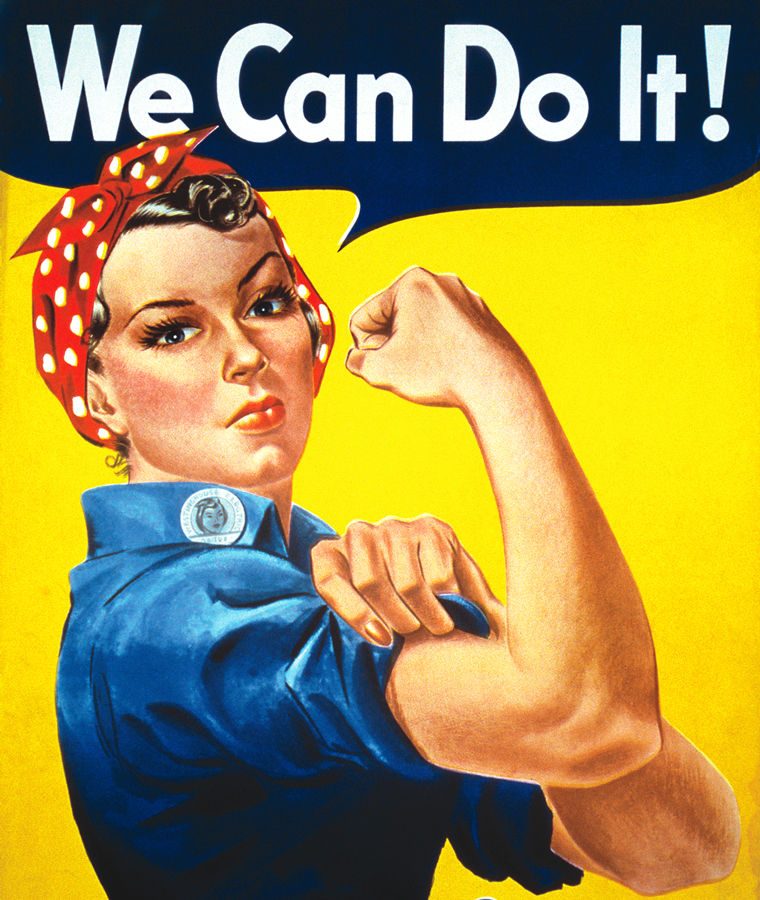Clooney’s movie a step in the right direction for gender equality in film
In a study done by the Center for the Study of Women in Television and Film, women made up only 12 percent of the protagonists in the top 100 grossing films of 2014.
This percentage is three points lower than it was in 2013. Statistics such as this have encouraged conversation amongst news sources, bloggers and even celebrities.
The latest celebrity to speak out on behalf of this matter was George Clooney.
Clooney is a producer for the film “Our Brand is Crisis,” based on a documentary by the same name.
The lead character, based on James Carville, a famous political commentator, was originally written for a man but was tweaked to fit Sandra Bullock after she called Clooney requesting to have it.
After divulging this information at the film’s press conference for the Toronto International Film Festival on Sept. 12, Clooney stated “once we realized that you could change it really easily, it made you realize that there are an awful lot of women’s roles that could be out there if people just started thinking in this way.”
Clooney’s statement has further encouraged individuals and news sites to converse on the issue of low female representation in top grossing films.
However, although it is of good nature to rewrite lead roles based on men and give them to women, it is imperative that the film industry starts writing more roles based on women.
Would it not be easier and more effective to cast a woman if from the beginning of the writing process the movie was based on a female?
The industry offers a wide range of movies based on historical male figures such as Malcolm X, Thomas More, John Forbes Nash and countless others.
Meanwhile women such as Madeleine Albright, Matilde Montoya and Song Qingling go without their own film to commemorate their achievements.
Even if films are based on women, their roles might end up being played by men. This happened to Marsha P. Johnson, a black transgender woman who was the first to throw a brick at Stonewall in the late ‘60s.
In the new film “Stonewall,” the first person to throw a brick is portrayed by none other than a young white male, Jeremy Irvine.
That is not to say all women in history have gone without representation in modern film, but their movies have been significantly less popular than the films based on the achievements of men. In a list written by the Listverse staff, “Top 15 Greatest Epic History Movies,” zero of the 15 movies mentioned are based on women.
Furthermore, it is important to note that of the 12 percent of women protagonist in the Top 100 Grossing Films of 2014, only three percent featured women of color as the protagonist. Of these three percent, all of them were black — none of them Asian or Latina.
Clooney’s decision was not wrong or disrespectful in any way; on the contrary, his statement is welcomed. Anything that encourages a larger representation of females in movies nowadays is well received.
However, people must not lose sight about who these characters are based off of and how the women (both illustrated and casted) are being showed in movies.
It would also be of great help if movies based on women could start including women of color.
For every step that is taken forward, feminists must take two more until the day representation is equal both in movies and real life.
It is of utmost importance that we continue to question the way women, both white and of color, are being portrayed and never settle for anything less than equal, in everything.







